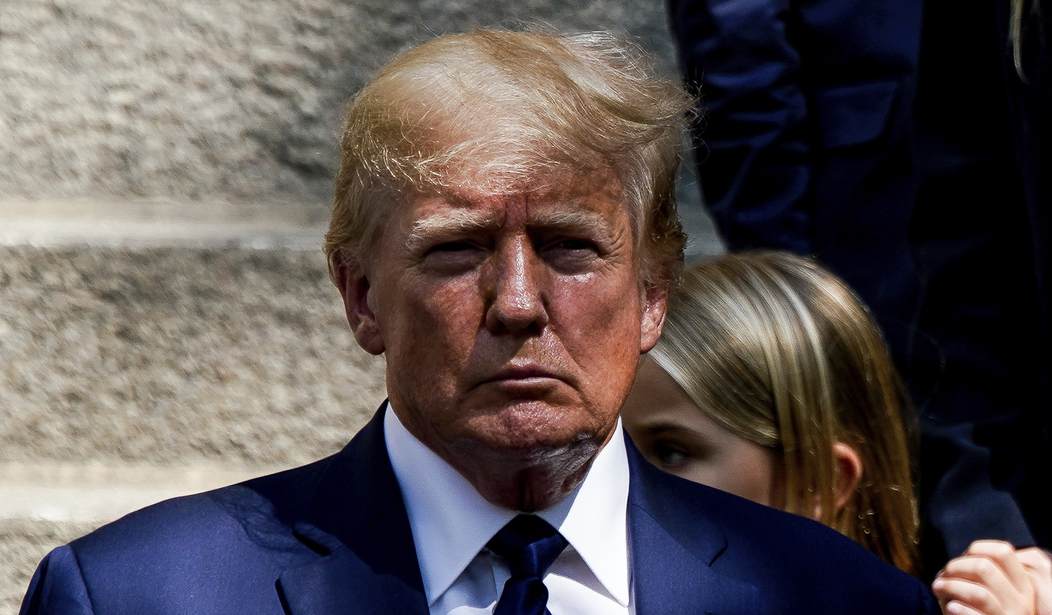The federal magistrate who greenlit the historic FBI raid on a former U.S. President — Donald Trump — has agreed to unseal and release some redacted documents that federal prosecutors used to justify the raid.
Judge Bruce Reinhart ruled from the bench after requests by media outlets, Judicial Watch, and former President Trump to release the documents the FBI and Department of Justice used as the basis for raiding and confiscating all types of material from Trump’s Mar-a-Lago home in Palm Beach, Fla. The raid was so intensive that investigators went through Melania Trump’s clothes, “leaving it a mess.”
Trump called for the release of the documents even though the information contained in them isn’t necessarily true and is most certainly negative for the former president. But he made the requests publicly and not in court.
The judge ruled that some of the information contained in the documents would need to be redacted, and that may take some time. A hearing has been called for next Thursday.
The warrant to get the loot was “overly broad” and “unconstitutional,” according to constitutional attorneys Alan Dershowitz, Robert Barnes, and others. Overly broad warrants are tantamount to “general warrants,” which are unconstitutional. The FBI essentially confirmed that its warrant wasn’t specific enough when it admitted to “over collecting” Trump’s belongings, including the former president’s old and new passports and attorney-client-privileged documents.
Government prosecutors have argued that releasing the documents would “serve as a roadmap to the government’s ongoing investigation… that is highly likely to compromise future investigative steps.” They wrote that “information about witnesses is particularly sensitive given the high-profile nature of this matter and the risk that the revelation of witness identities would impact their willingness to cooperate with the investigation” and “also likely chill future cooperation by witnesses whose assistance may be sought as this investigation progresses.”
But at least one of the “sensitive” witnesses was likely outed before the hearing. There’s also reason to question the reliability of some of the evidence. The FBI and DOJ’s system of selectively leaking to the media and using those stories as evidence of the seriousness of the issue in their request for a warrant is already happening here. It’s a continuous fake-news feedback loop of the kind we saw in the Russian collusion and Steele Dossier hoaxes. The method is simple, as I described here at PJ Media, writing, “This loop starts with leaks to the media, the media dutifully report them, and the FBI uses the stories as ‘evidence’ in their warrant applications. See how that works?”
Knowing this, the public deserves a look at the information that a federal officer of the court is yet again using against former President Trump to prosecute him.
Also, it doesn’t appear that either the documents or their classifications were really the issue in the case. A former federal prosecutor noted on America Reports on Fox News that the federal statutes involved don’t pertain to classified documents. Law professor Margot Cleveland also noted this and concluded that the feds have taken the issues Trump has had with the National Archives and Records Administration (NARA) and “under the apparent auspices of a violation of the Presidential Records Act” teed up “the possibility of an ‘Obstruction of Justice’ charge for anything less than full cooperation in the mind of the FBI.”
The American public deserves to know if their top law enforcers are crooks. We’d like to know if those lectures we keep hearing that no one is above the law are true.
We’ll update this story as information becomes available.










Join the conversation as a VIP Member